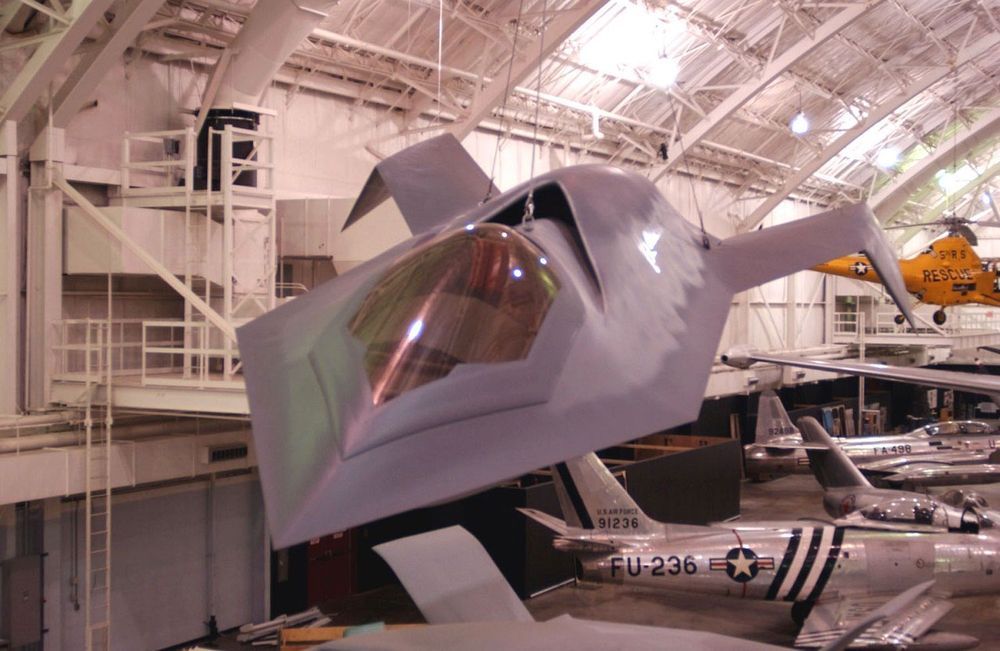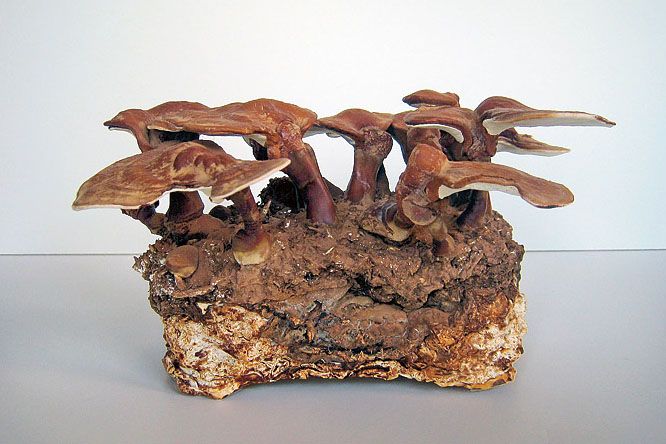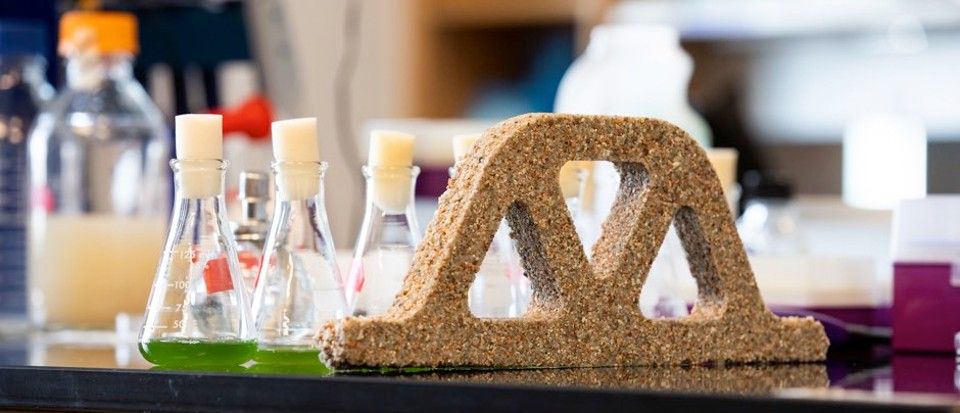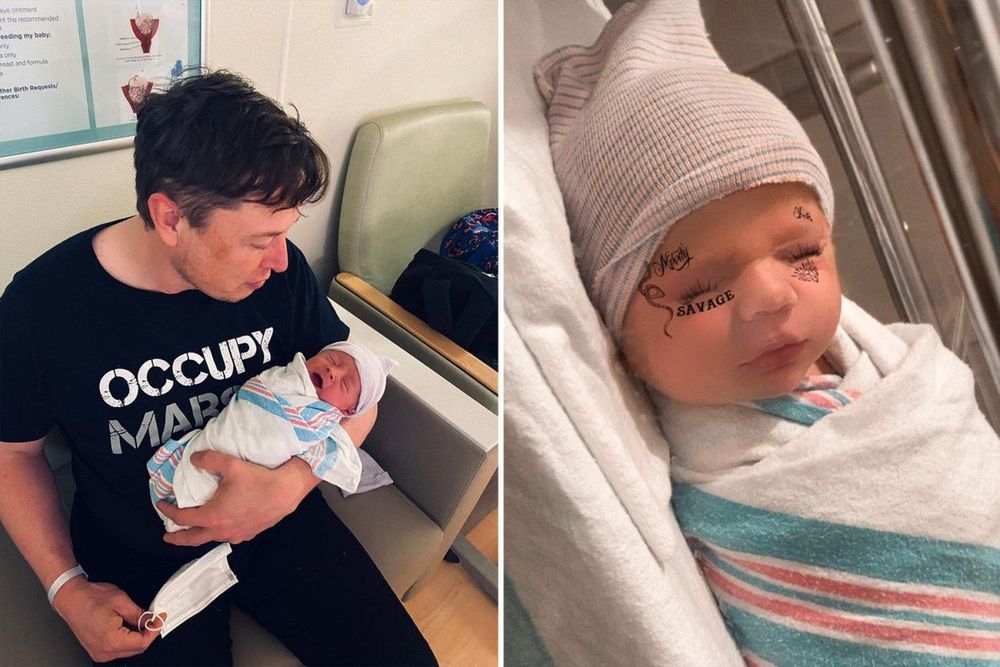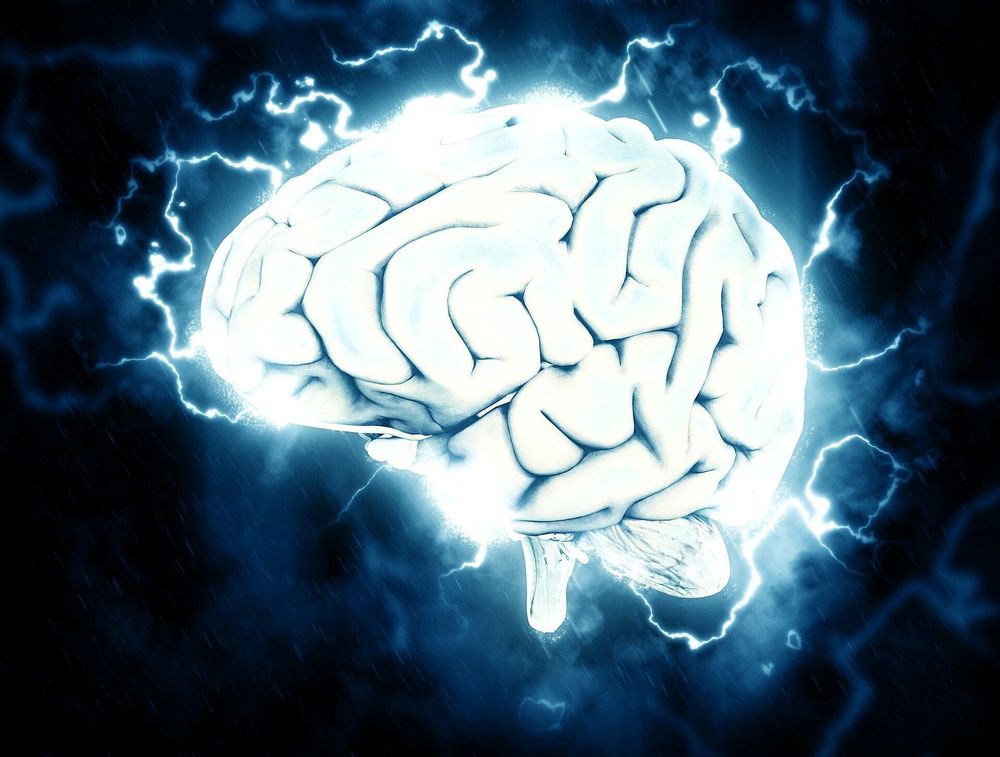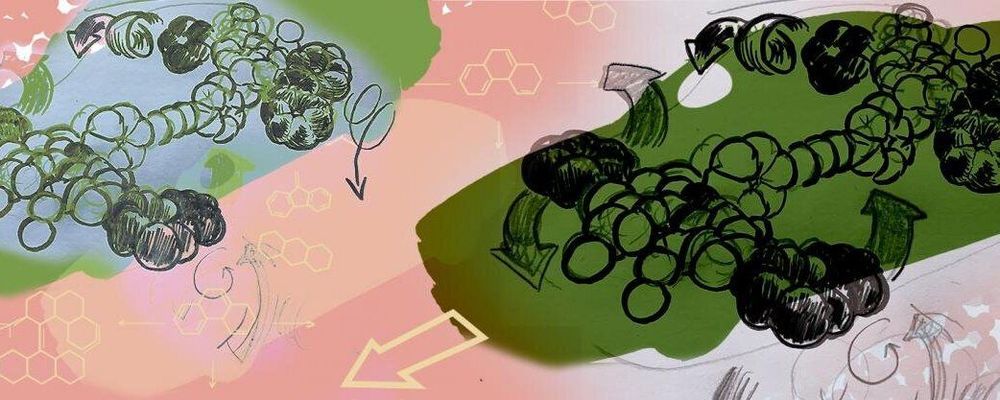Deep Breathing alone will not create new lung cells, but combined with deep relaxation, guided visualizations, and therapeutic messages (Your stem cells are going to transform themselves into new lung cells to replace those lung cells infected by the Coronavirus. Your stem cells are going to change themselves into T-Cells, B-Cells, and Natural Killer Cells which are going to seek out, identify, attack, and destroy all the Coronavirus cells in your entire body), it will eliminate the coughing, fever, headaches, inflammation, and breathing problems.
While there is no hard evidence that lung exercises can help ease the discomfort and the progression of symptoms of COVID-19, there are techniques that will restore your lungs to optimal health.
